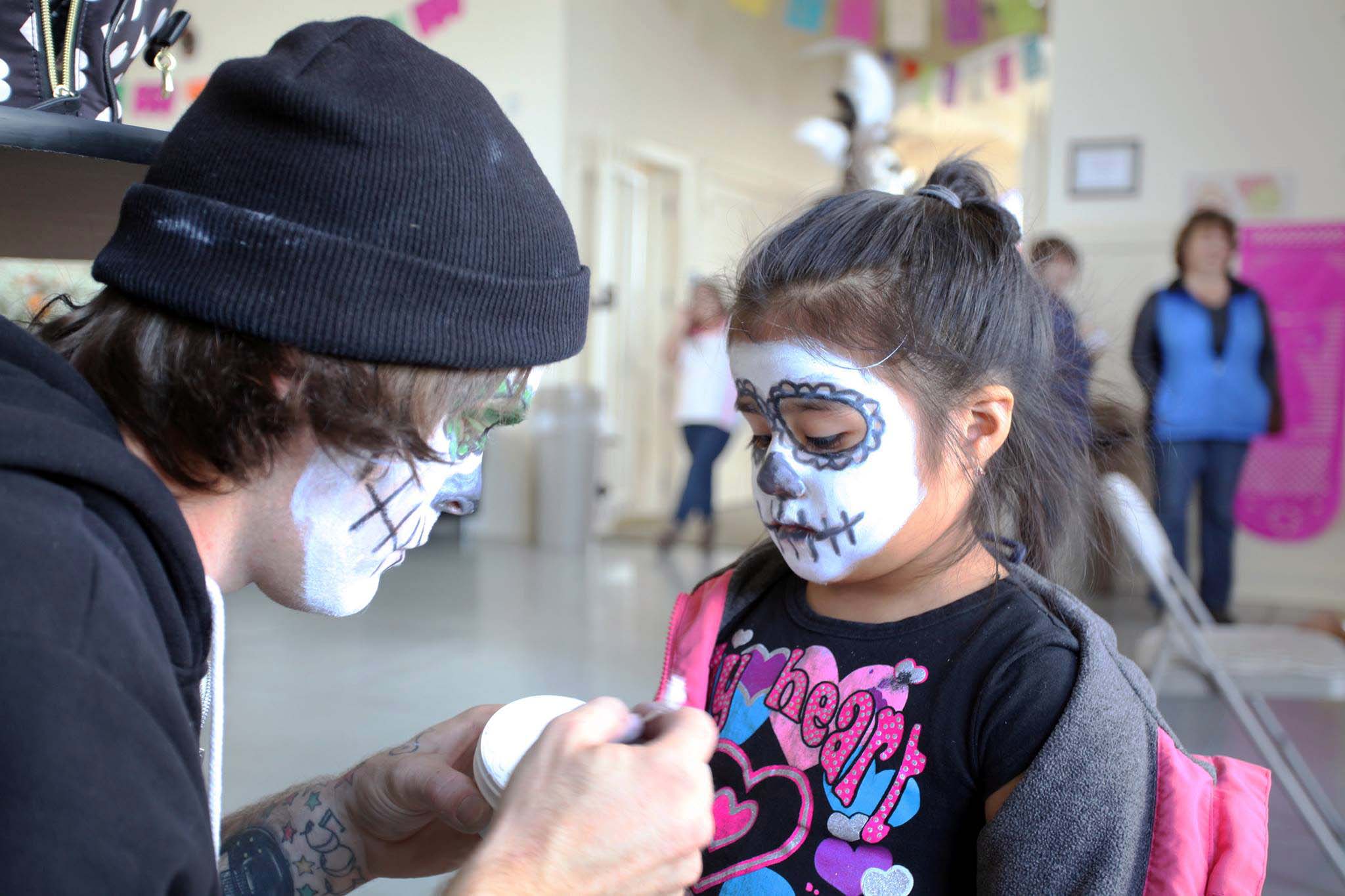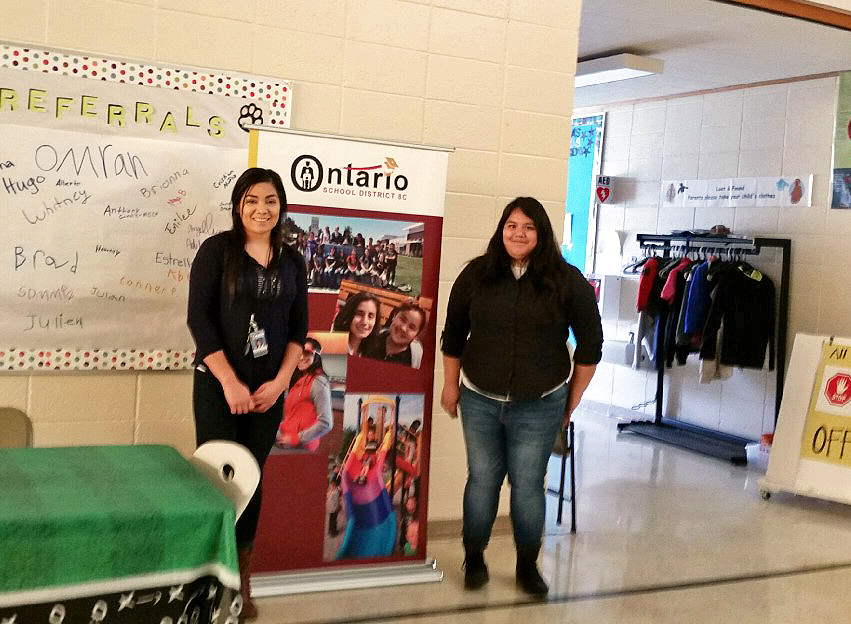Astoria Reaffirms its Compassion and Respect for All Residents
/A story with Healthy Beginnings+Healthy Communities Collaborative La Voz de la Comunidad.
Astoria celebrates Día de los Muertos with face painting and more.
In America, all people have rights, no matter what they look like or where they come from. It’s not about where you were born; it’s how you live your life and what you do that defines you here in this country. Hardworking people, documented or not, make our communities stronger and deserve respect from all of us.
Sadly, many immigrant Americans have faced disrespect and worse, including threats to their freedom and opportunity. Since President Trump signed an executive order expanding the number of immigrants considered fair game for detainment and deportation, immigrants throughout our region and the U.S. have become increasingly fearful of ICE raids tearing their families (and our communities) apart.
An old cannery on Astoria's waterfront.
However, rather than give up and give in to these destructive and unpatriotic federal policies, thousands of Americans have chosen to stand up and speak against them instead. In Astoria, Oregon, for instance, where Chinese and Latino immigrants have been the backbone of the canning industry for the last century, the Astoria City Council unanimously passed a resolution reaffirming the city’s policy of inclusivity.
Like the City of Astoria itself, Astoria’s inclusivity resolution depended on the voices and actions of diverse community members to succeed.
Originally, Astoria’s mayor and city councilors considered declaring Astoria a sanctuary city, but they changed their minds after the chief of police presented at a city council meeting. Members of La Voz de la Comunidad, an advisory group representing the Hispanic community living on Oregon’s north coast, attended that meeting and discussed the city’s decision.
In the end, they agreed. While immigrants in Astoria deserved to know whether the city respected and supported them, La Voz thought about the negatives associated with the word “sanctuary” – loss of federal funding, confrontations with government officials – and realized the label “sanctuary city” could be detrimental. There might be a better option: an inclusivity resolution.
Astoria's City Hall.
Astoria’s city councilors and chief of police had already said they wouldn’t aid ICE. They’d said, if you haven’t broken any laws, you don’t have anything to fear from us. La Voz just wanted them to say it louder and make it official, so Astoria’s immigrants would know for sure the city stands behind them, and hopefully gain some peace of mind in the process.
With help from Causa Oregon’s Executive Director Andrea Miller and a template developed by the Innovation Law Lab, Lower Columbia Hispanic Council’s Executive Director Jorge Gutierrez introduced the resolution and helped craft some of the language. La Voz de la Comunidad, Astoria’s mayor and city council, and the city’s attorney and chief of police made edits, passing the document back and forth, until it was ready for a March 6, 2017 city council meeting.
On March 6, around 25 La Voz de la Comunidad members went straight from a La Voz meeting to the city council’s meeting. Only two of them had ever been to a city council meeting before. Although a letter to the editor published in The Daily Astorian encouraged people to show up and oppose the resolution, no one did. Instead, Jorge read testimony he had prepared with La Voz, a Hispanic community member and member of La Voz spontaneously gave his own testimony, and the Astoria City Council unanimously passed the resolution.
The resolution acknowledges the “vital contributions” made by Astorians from all nations and states “residents should be treated with compassion and respect regardless of national origin or citizenship status.” While, if required by federal law, Astoria’s city agencies and employees will still be expected to cooperate with federal agents, the resolution affirms that they won’t do so voluntarily. Most importantly, the resolution upholds American values of dignity and respect, freedom and opportunity for all people.












